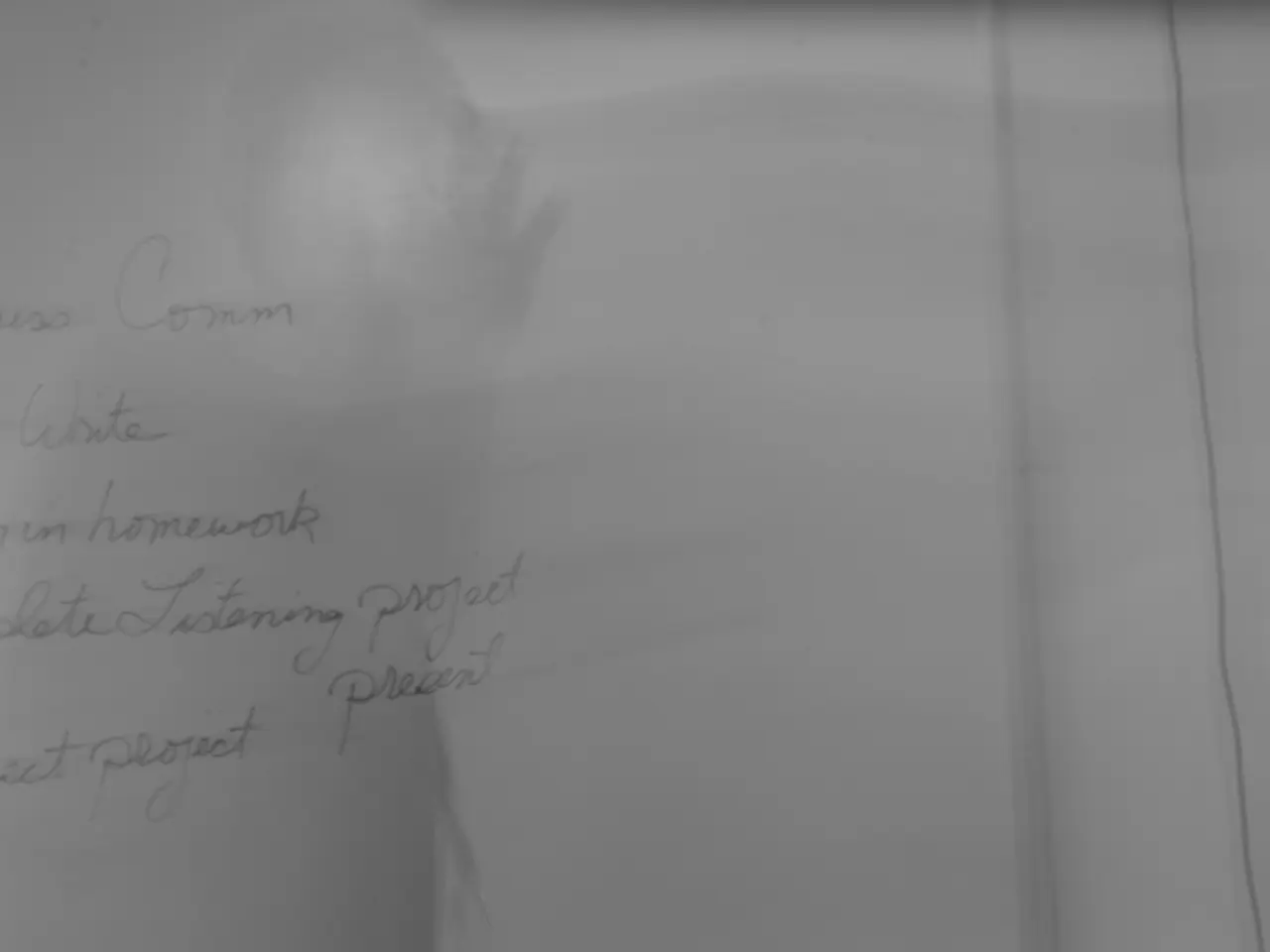Gambling control organization, GambleAware, set to close down due to impending statutory levy implementation
New Statutory Gambling Levy to Boost Funding for Gambling Harm Prevention in the UK
The United Kingdom is set to introduce a new statutory gambling levy system, replacing the current voluntary funding model administered by GambleAware. This shift aims to provide a more effective and independent approach to responsible gambling and harm prevention, with the new system scheduled to be implemented in April 2026.
The Statutory Levy will be a mandatory fund collected through regulation, rather than voluntary contributions from the gambling industry. The levy's purpose is to generate stable and sufficient financing specifically earmarked for gambling harm prevention, education, and treatment programs. While the detailed mechanics of the levy, such as rates or revenue bands specific to the gambling industry, have not been fully disclosed, it is known that the Statutory Levy will range from 0.1% to 1.1% based on operators' gross gambling yield (GGY).
One-third of the Statutory Levy (30%) will be directed towards gambling harm and addiction prevention, while another 20% will be earmarked for research and developing evidence-based and bespoke approaches. The first tranche of the Statutory Levy, amounting to 50%, will be allocated to NHS England, Scotland, and Wales for the treatment network addressing gambling-related harm.
Matej Novota, Head of Casino Research, has expressed interest in the potential for a clearer and more stable funding path provided by the Statutory Levy. Meanwhile, GambleAware's Chair of Trustees, Andy Boucher, has praised the introduction of the Statutory Levy, stating that it is a significant milestone and a result of the charity's long-term advocacy. Boucher also acknowledges the recognition of gambling harms as public health issues and their funding through a statutory levy.
Critics have argued that GambleAware was financially beholden to the gambling industry, which put them at a disadvantage in their efforts to combat gambling-related harm. However, with the implementation of the Statutory Levy, public bodies will take over responsibility for gambling harm prevention and treatment, aiming to improve accountability and the effectiveness of funding for problem gambling initiatives.
GambleAware has protected thousands of people through national campaigns and commissioned partners like the National Gambling Support Network. New heads of gambling harm research, treatment, and prevention have been appointed to oversee each unique pillar of player protection and strengthen safeguards. GambleAware, as it stands, will shut down its operations in April 2026, or sooner.
The UK's transition to a new system of responsible gambling and harm prevention, funded by a mandatory payment from the gambling industry, is a significant milestone in the fight against gambling-related harm. Boucher thanks for the opportunity to contribute to the realization of the long-term goal and acknowledges the unwavering commitment of GambleAware staff, leadership, and Lived Experience Council.
In addition to the Statutory Levy, there is an Economic Crime Levy (ECL) applying to UK AML-regulated businesses with revenues over £10.2 million, including gambling operators, to raise £100 million annually for anti-money laundering efforts. However, the ECL relates specifically to AML regulation and funding enforcement, not gambling harm prevention directly.
Sources:
- The Guardian
- Gambling Commission
- GambleAware
- Public Health England
- HM Treasury
The new Statutory Gambling Levy, introduced to enhance funding for gambling harm prevention, encompasses the gambling industry in sports settings. This mandatory fund collection through regulation will exclusively facilitate programs tackling gambling-related issues.
With the Statutory Levy's implementation in April 2026, public bodies will potentially oversee gambling harm prevention efforts in sports, enhancing accountability and the effectiveness of funding for problem gambling initiatives.





